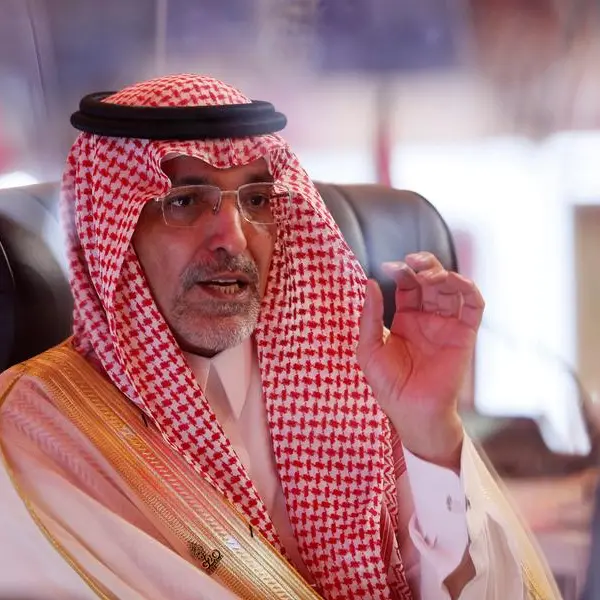PHOTO
DUBAI - Google announced today the launch of a new report, The Future of AI in the MENA region, which provides a high-level outlook for artificial intelligence (AI) developments over the next decade, with a specific focus on the United Arab Emirates, Saudi Arabia, Qatar, Egypt and Kuwait.
It explores AI investments, industry trends in tourism, transport, finance, retail, energy, and government services. The report also highlights key policy takeaways that governments should consider when strengthening their AI ecosystems and capabilities.
According to the report, the potential economic impact of AI on the region’s economic growth is significant, with the MENA region estimated to accrue US$320bn by 2030 from value added by AI. The region has taken initiative in developing national AI strategies that can create a friendly business environment, however, they remain lacking of suitable digital policies such as in the field of data governance as well as trust and safety.
Martin Roeske, Head of Government Affairs and Public Policy in the Middle East & North Africa, commented, "The report shows that the responsible development of AI creates massive opportunities to improve the lives of people in the MENA region and to turbo-charge key sectors of the economy. To ensure we reap the benefits of this wave of technological transformation requires a joint effort between the private sector, governments and civil society, including investments in infrastructure, people, technology and policy development."
Saqr bin Ghalib, Executive Director of the Artificial Intelligence Office of the UAE Government, stressed that setting key policies is essential to enhance the artificial intelligence systems in the government and private sectors.
"Increasing the concept of depending on AI as the main factor in systems and business ensures the acceleration of digital transformation in the region," he said, adding that reports, statistics, and data contribute positively to following up the development journey's updates and help innovate ways to support the private sector.
"Correspondingly, it ensures continuous improvements in the AI field by creating and launching initiatives to encourage the use of artificial intelligence in all required fields."
He pointed out that the first-of-a-kind National Strategy of Artificial Intelligence in the world comes in line with the world approach to increase the usage of AI technology in the future fields.
"That helps achieve the strategy's goals and accelerate the implementation of programs and projects depending on AI."
"Behind recent success stories is the role that governments have played, stimulating private sector investments and launching comprehensive AI strategies. As the region is looking to write its next chapter, our report highlights the MENA’s development trajectory, learning experiences and proposes pathways for cultivating a safe and prosperous AI ecosystem," said Walter Pasquarelli, Manager, Tech & Society, Economist Impact.
Six key sectors stand out as most likely to gain from AI adoption.
1. Governments in the region are taking initiatives to use AI to increase the speed, accessibility and effectiveness of government services.
2. The financial services and banking sector is predicted to become the highest spender on AI technologies, with a share 25 percent of all AI investments in the region 3. The travel and tourism industry, which contributes almost 9 percent to the MENA region’s GDP, envisions various possible uses for AI, but data transparency in the region remains a significant challenge.
4. The transport sector expected to contribute to Egypt and the Gulf economies and is forecasted to reach 15 percent of GDP in 2030.
5. Increase in online retail and commerce during the pandemic generated deeper pools of customer data that can be used for optimizing AI algorithms and improving the customer experience.
6. The impact of AI systems on the energy sector, which has played a major role in the region, is expected to contribute over 6 percent to the region’s GDP by 2030.





















